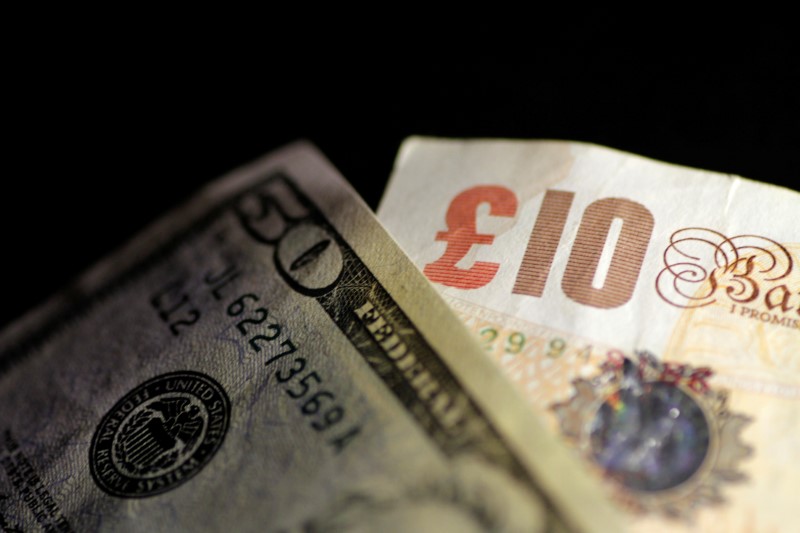By Peter Nurse
Investing.com - The U.S. dollar strengthened in early European trading Friday, as Treasury yields pushed to new highs, while sterling weakened as retail sales slumped in September while the U.K. political chaos continues.
At 03:55 ET (07:55 GMT), the Dollar Index, which tracks the greenback against a basket of six other currencies, rose 0.1% to 112.980.
The U.S. Federal Reserve is widely expected to continue its aggressive interest rate hikes at its next meeting in early November, with Fed policymakers continuing to press the need for a tighter monetary policy in order to contain soaring inflation.
Federal Reserve Bank of Philadelphia President Patrick Harker said Thursday the central bank is not done with raising its short-term rate target, saying “given our frankly disappointing lack of progress on curtailing inflation, I expect we will be well above 4% by the end of the year,” compared with the current federal funds rate target of between 3% and 3.25%.
This hawkish talk helped U.S. Treasury yields climb to new multi-year peaks, and pushed USD/JPY to 32-year highs above 150, currently standing 0.2% higher at 150.41.
Markets remained on high alert for any signs of intervention by Japanese authorities, although the move last month to buy yen for the first time since 1998 at around the 145 level has had little impact.
"We cannot tolerate excessive moves by speculators,” said Japanese Finance Minister Shunichi Suzuki on Friday. “We will respond appropriately while watching currency market movements with a high sense of urgency."
GBP/USD fell 0.5% to 1.1190 after U.K. retail sales fell for the second month in a row in September, dropping 1.4% on the month and 6.9% on the year, as consumers reined in spending to cope with runaway inflation, pushing the country closer to recession.
The pound had already given back early gains, sinking to the lowest level in a week, after the news that British Prime Minister Liz Truss had resigned after just six chaotic weeks in office.
EUR/USD fell 0.1% to 0.9770 after European Union leaders again failed to come to an agreement to cap gas prices, deciding in the early hours of Friday morning to keep examining options to put a ceiling on costs.
The region is struggling with high energy prices driving inflation, likely prompting the European Central Bank to act more forcefully, raising the prospect of recession across the continent.
AUD/USD fell 0.1% to 0.6270, NZD/USD fell 0.3% to 0.5664, weighed by retreating risk sentiment, while USD/CNY rose 0.4% to 7.2472, trading near a 14-year high, amid growing uncertainty over the Chinese economy after the delay of key third-quarter GDP data.
